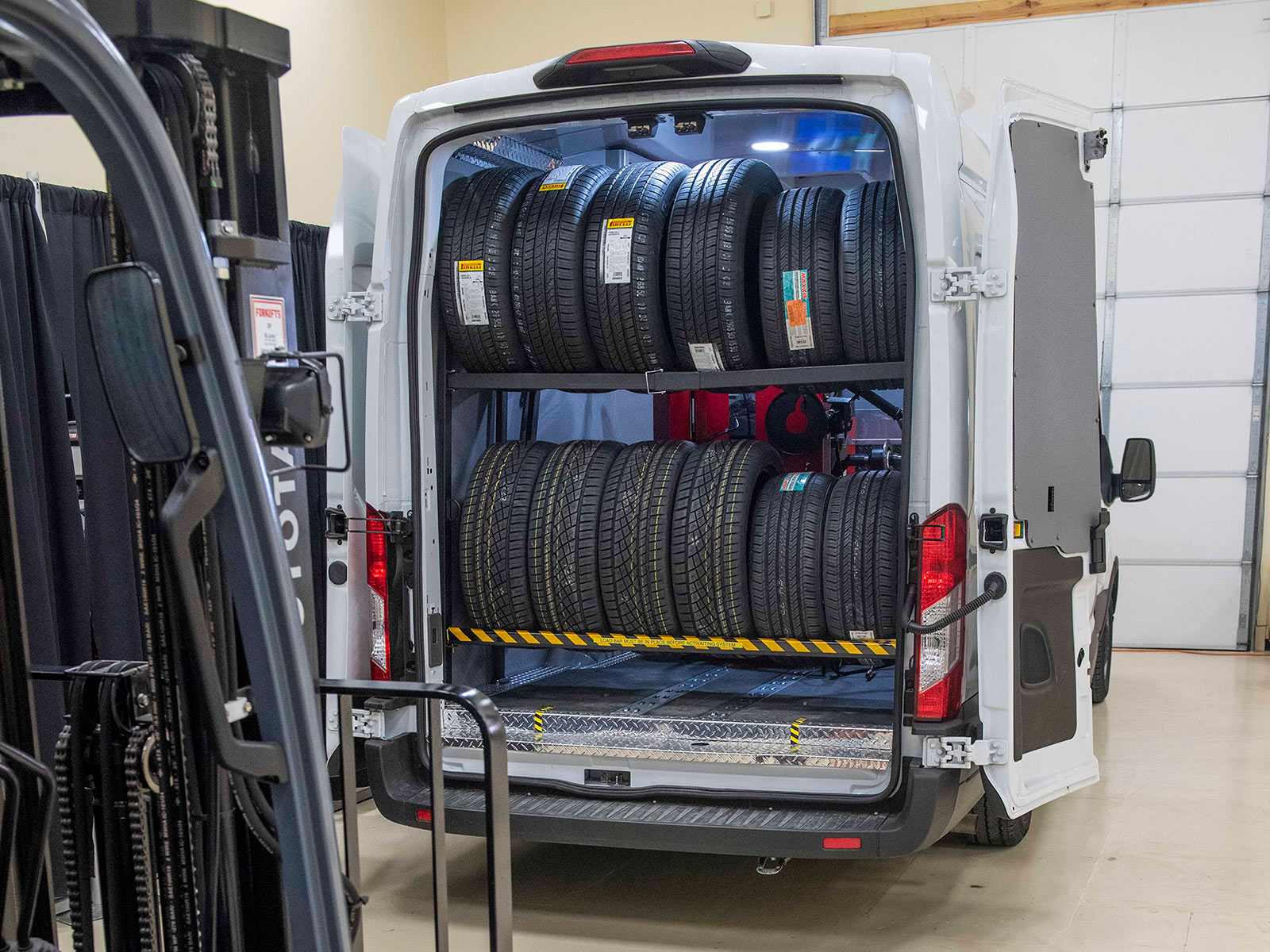Drive with Self-confidence: GMC Tires Service at Morris Tires
Drive with Self-confidence: GMC Tires Service at Morris Tires
Blog Article
Tire Service: The Impact of Weather
When it comes to guaranteeing optimal efficiency and security when driving, recognizing the influence of weather condition problems on tire solution is vital. From scorching warm to icy roadways, each weather condition aspect can considerably affect tire capability and overall driving experience. By diving right into the impacts of varying climate condition on tires, chauffeurs can acquire important insights that might enhance their vehicle's efficiency and long life. In this discussion, we will certainly explore the intricate connection in between weather condition conditions and tire solution, clarifying the significance of weather-specific tire upkeep techniques and considerations.
Heat and Tire Performance
When revealed to high temperature levels, tires experience adjustments in efficiency that can dramatically influence lorry safety and security and handling. The heat generated from long term driving or warm climate problems causes the tire rubber to soften, leading to lowered tread life and boosted wear.

Cold Weather Results
Cold weather condition conditions can have a considerable impact on tire efficiency and safety and security. In cool weather, tires may additionally lose air stress much more quickly, which can affect managing and gas effectiveness.
To mitigate the effects of chilly weather on tires, it is crucial to consistently inspect tire stress and inflate them to the manufacturer's advised degrees. Making use of winter season or all-season tires made for winter problems can also boost grip and hold on icy or snowy roadways. Proper tire maintenance, including regular examinations for wear and damages, comes to be also a lot more essential during chillier months to make sure ideal efficiency and safety and security.
Rainy Conditions Impact
During stormy conditions, tire efficiency and security can be considerably influenced by the damp road surfaces and decreased exposure. The tread pattern of tires plays a vital function in keeping traction on damp roads. Tires with damaged footsteps are much more prone to hydroplaning, where a layer of water accumulates between the roadway and the tire surface, resulting in loss of traction. To combat this, chauffeurs should on a regular basis examine their tires for ample step depth and think about spending in tires specifically created for wet problems.
Additionally, stormy weather condition can also lower exposure, making it challenging for motorists to see the road in advance plainly (GMC Tire Service). In such problems, it is necessary to adjust driving speeds as necessary and keep a secure complying with distance to enable unexpected quits. Correctly inflated tires can also aid in keeping control on damp roads by supplying better handling and grasp
Snow and Tire Safety And Security
When driving in snowy problems, having the ideal tires can make a substantial distinction in safety and security and performance. Winter season tires are made with unique rubber compounds and tread patterns to offer far better traction on snow and ice contrasted to all-season tires.

In addition, drivers need to take into consideration setting up tire chains in extreme snowy problems. Tire chains offer additional grip by clutching the snow and ice, boosting stability and control. It is vital to adhere to manufacturer instructions when mounting and using tire chains to protect against damages to the tires and lorry (GMC Tire Service). By picking the click this link ideal tires, maintaining correct inflation, and thinking about extra traction aids like tire chains, this hyperlink chauffeurs can improve their safety and security when browsing snow-covered roadways.
Weather-Related Tire Maintenance
When faced with numerous weather, appropriate tire upkeep becomes an essential aspect of lorry security and efficiency. Weather-related tire upkeep incorporates a series of techniques targeted at guaranteeing optimal tire function and durability in various climate circumstances. One crucial facet of weather-related tire upkeep is tire stress regulation. Changing temperature levels can create tire pressure to vary, impacting grip and fuel effectiveness. Routinely checking and adjusting tire stress according to manufacturer recommendations is necessary for risk-free driving in altering weather. In addition, tire tread depth plays a significant duty in taking care of different weather elements. Tires with appropriate step deepness provide much better hold on damp or icy roadways, minimizing the threat of skidding or hydroplaning. When walk wear gets to a specific deepness is important for maintaining grip and security in damaging weather condition, checking tire step routinely and changing tires. By focusing on weather-related tire upkeep, vehicle drivers can boost safety and security, boost vehicle efficiency, and prolong the life-span of their tires.
Conclusion
To conclude, weather condition problems have a substantial influence on tire performance and safety and security. From warm influencing tire pressure and wear to winter decreasing traction, it is vital to take into consideration the weather when preserving and using tires. Rainy conditions can lower grip and lead to hydroplaning, while snow can enhance the danger of crashes if tires read this are not effectively equipped. Weather-related tire upkeep is crucial in making sure optimum performance and security when traveling.
In this discussion, we will discover the detailed partnership between weather conditions and tire service, shedding light on the value of weather-specific tire upkeep techniques and considerations.

Report this page